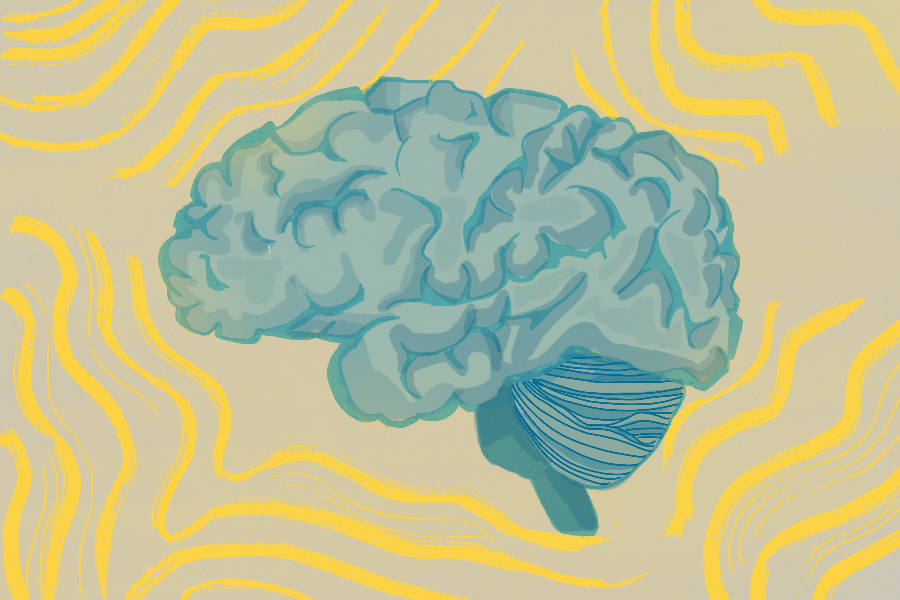Last updated on March 3, 2024 at 02:25 p.m.
The Beckman Institute for Advanced Science and Technology has teamed up with the Argonne National Laboratory and the University of Chicago to research a method of carbon capture that uses the power of artificial intelligence.
Carbon capture is a scientific method that aims to remove carbon dioxide emissions produced from burning fossil fuels. The team aimed to pioneer research in the use of metal-organic frameworks to selectively absorb this carbon from the air.
According to a press release from the Argonne National Laboratory, MOFs contain three different flexible building blocks that can be rearranged in certain positions by researchers. However, this configuration process can be tedious.
Eli Huerta, the lead for translational AI and computational scientist at Argonne, said the study aims to find unknown building blocks for carbon capture and use the breadth of AI to screen these new materials.
Get The Daily Illini in your inbox!
“You can think of this as having an infinite amount of resources to design something specific,” Huerta said. “So you have to think about what are the right ingredients to a material that is going to capture CO2 and what is the right geometry.”
These simulations, officially known as molecular dynamics, use theory to examine which building blocks are the most suitable for carbon capture. Using both theory and the Delta supercomputer at the University, the team was able to streamline the once-painstaking process and assemble 120,000 new MOF candidates within 30 minutes.
Hyun Park, author of the study and who is pursuing a doctorate in biophysics at the University, said the new three-pronged method made contributions to creating more efficient methods of climate change mitigation.
“One of the most important industrial applications or usage of a catalyst is to capture carbons, or, in this case, CO2,” Park said. “But making new catalysts to capture carbon dioxide so that it can mitigate the impact it can have on the atmosphere is a very important task.”
Despite a majority of Americans being apprehensive about the advancement of AI, Huerta said its use in this project shows AI can have positive implications for the pursuit of knowledge and scientific research.
“AI can accelerate the analyses and … identify or extract knowledge from data faster than traditional algorithms,” Huerta said. “We demonstrated how to assemble new materials, atom by atom, and created materials that are entirely novel.”
Park said the work done by the researchers into new carbon capture materials can save manpower and conserve energy.







